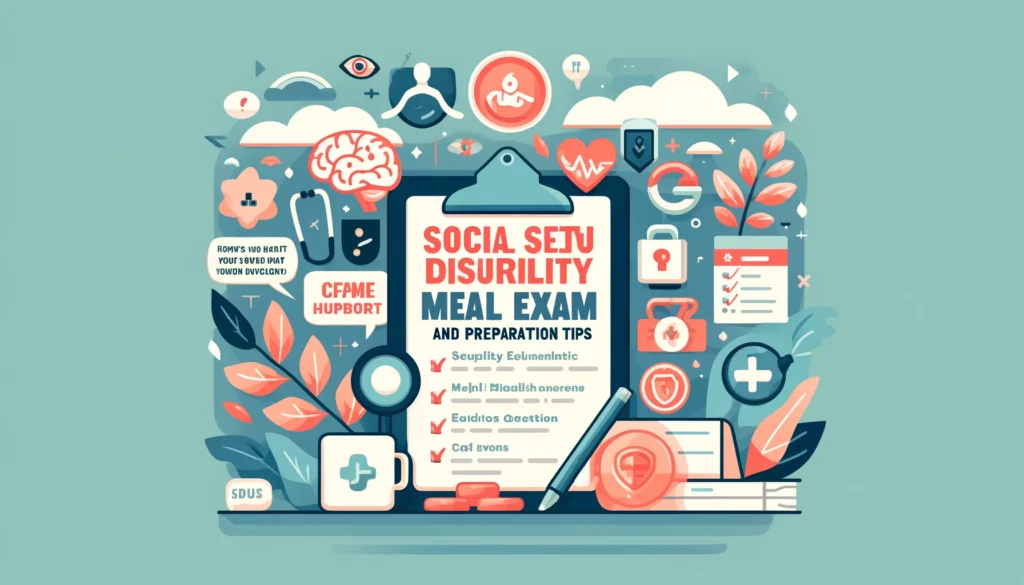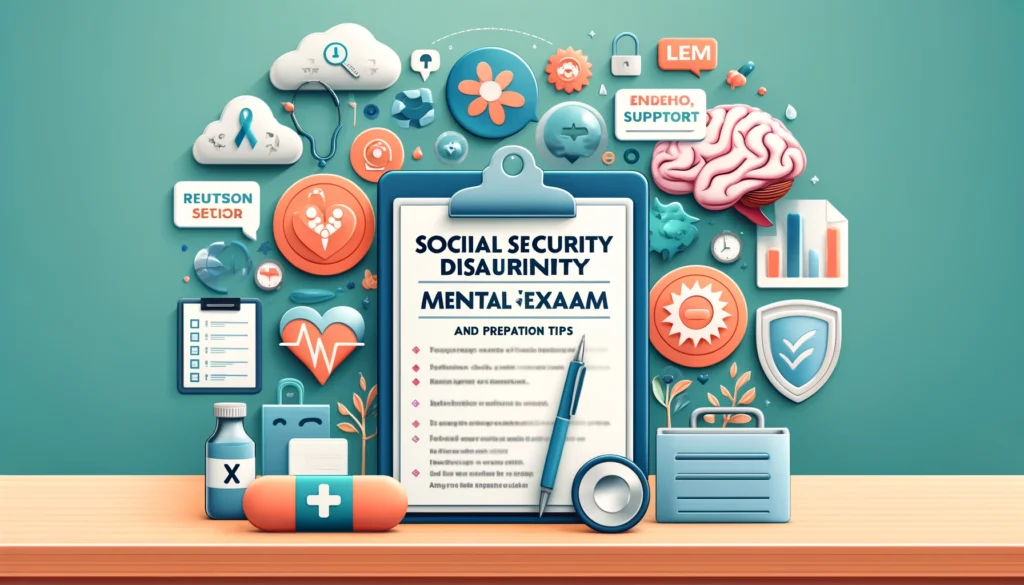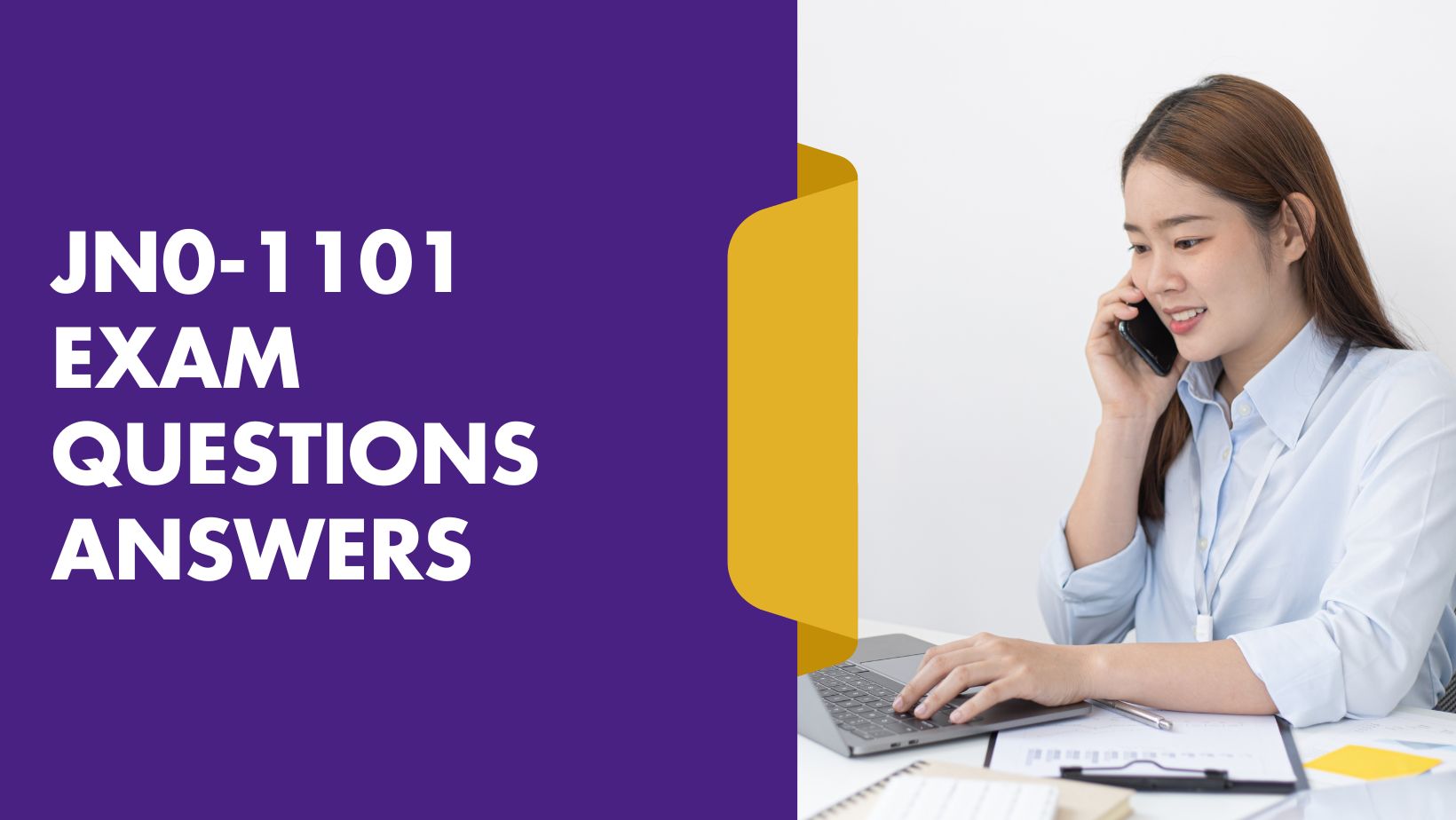Introduction
Applying for Social Security Disability Mental Exam Questions Insurance (SSDI) or Supplemental Security Income (SSI) can be daunting, especially when a mental exam is required to assess the extent of an applicant’s mental impairments. Understanding what to expect during this psychological evaluation, often referred to as the mental status exam (MSE), can significantly ease the anxiety associated with the process. This comprehensive guide delves into the typical questions asked during the exam, offers insights on how they’re used to evaluate mental health, and provides practical tips for preparation.
Table of Contents
The Social Security Disability Mental Exam Questions
The mental exam is a critical component of the disability determination process for those who claim impairment due to mental health issues. Conducted by a psychologist or psychiatrist appointed by the Social Security Administration (SSA), the exam aims to evaluate cognitive and emotional functioning, social interactions, and the ability to perform daily activities and work-related tasks.
What is the Purpose of the Mental Exam?
The primary goal is to verify the presence and severity of reported mental health symptoms and how they impair an individual’s ability to work. The SSA uses this information to decide if an individual meets their criteria for disability benefits.
The MCE Process What to Expect
The MCE generally takes place in a clinical setting and lasts between 30 to 90 minutes. Here’s a breakdown of what you can expect:
Breakdown of a Mental Consultative Examination (MCE)
| Stage | Description |
|---|---|
| Introduction and Initial Assessment | Examiner introduction and explanation of purpose Basic biographical questions and reasons for applying for SSDI |
| Review of Medical Records (if applicable) | Review of medical records submitted with your application Clarifying questions about diagnoses, medications, and treatment history |
| Mental Status Examination | Mental Status Exam (MSE): Observation of behavior, speech, mood, and thought processes Cognitive Assessment: Tasks evaluating memory, attention span, problem-solving skills, and judgment Standardized Tests (optional): Assessment of specific cognitive functions |
| Discussion of Daily Living Activities and Work Limitations | Inquiry about how your mental health affects daily tasks (self-care, chores, social interactions) Explanation of how limitations prevent you from sustaining employment |
| Conclusion and Report | Summary of findings and thanks Detailed report for the SSA outlining observations, assessments, and conclusions regarding your mental health and work capacity |
Key Areas of Assessment
- Cognitive Functions: Memory, concentration, understanding, and problem-solving abilities.
- Mood and Affect: Observable feelings and emotional state.
- Thought Processes: Logical thinking, presence of delusions or hallucinations.
- Perception: Awareness of surroundings and any sensory or perceptual disturbances.
- Insight and Judgment: Ability to understand one’s own condition and make everyday decisions.
- Social Interactions: Ability to interact with others, including friends, family, and strangers.

Common Questions During the Mental Exam
- Personal Information: Questions about your date of birth, education level, and living situation to assess orientation and memory.
- Daily Activities: Describe a typical day to evaluate independence and ability to perform daily tasks.
- Work History: Detail your previous job duties and reasons for leaving to determine how your condition affects work capacity.
- Mental Health History: Discuss any treatments or hospitalizations, which helps to confirm the severity and continuity of mental health issues.
- Mood and Behavior Observations: You may be asked about how you handle stress, changes in sleeping or eating habits, and social interactions.
- Cognitive Questions: Simple problems or recall tasks to assess memory and cognitive ability.
- Thought Content and Perception: Queries about delusions, hallucinations, or suicidal thoughts to assess thought processes and perception.
Preparing for the Mental Exam
- Review Your Medical History: Be familiar with your treatment dates, medications, therapists, and hospital stays.
- Understand Your Symptoms: Be able to describe your symptoms and how they affect your daily life and ability to work.
- Document Daily Challenges: Keeping a diary of your daily activities and struggles can help provide concrete examples during the exam.
- Practice Common Questions: Familiarizing yourself with typical questions can help reduce anxiety and ensure clearer responses during the exam.
- Bring a Friend or Family Member: If possible, having someone accompany you to the exam can provide emotional support and help recount your condition accurately.
Day of the Exam Tips
- Be On Time: Arriving early can help reduce stress.
- Be Honest and Thorough: It’s crucial to be open about your limitations and the challenges you face.
- Avoid Exaggerating: Be truthful about your symptoms. Exaggeration can undermine your credibility.
Important Tips for a Successful MCE
- Preparation is Key: Familiarize yourself with the MCE process beforehand.
- Gather Documentation: Collect and organize medical records, doctor’s notes, therapy reports, and any documentation supporting your diagnoses and treatment history.
- Be Honest and Forthcoming: During the exam, answer questions honestly and truthfully. Provide concrete examples that illustrate how your mental health challenges affect your daily life and work capacity.
- Focus on Limitations: Emphasize the specific difficulties your mental health condition creates in maintaining employment. Don’t dwell on capabilities; focus on limitations.
- Maintain a Professional Demeanor: Dress appropriately and arrive on time for the exam.
- Bring a Support Person (Optional): Consider bringing a supportive family member or friend who can accompany you to the exam and provide additional information if necessary.
- Ask Questions: Don’t hesitate to ask clarifying questions if anything is unclear during the exam.
After the Exam
Following the exam, it’s important to stay in touch with the SSA regarding your case. You may also want to follow up with social security disability mental exam questions for bipolar your healthcare provider to discuss the results and any potential impact on your treatment plan.
Beyond the Exam Maximizing Your Chances for Approval
While the MCE plays a significant role in the SSDI application process, it’s not the sole determining factor. Here are additional steps you can take to increase your chances of approval:
- Consult with an SSDI Attorney: Attorneys specializing in Social Security Disability Mental Exam Questions can provide valuable guidance throughout the application process, including strategizing for your MCE.
- Maintain Consistent Medical Treatment: Ongoing treatment demonstrates your commitment to managing your
Conclusion
The mental exam for Social Security Disability Mental Exam Questions can seem intimidating, but with the right preparation, you can approach it with confidence. Remember, the goal is to provide a clear and accurate picture of how your mental condition affects your daily life and ability to work. With careful preparation and a thorough understanding of the process, you can ensure that your needs are effectively communicated and considered in your disability claim.
Call to Action
If you or someone you know is preparing for a Social Security Disability Mental Exam Questions, consider sharing this guide to help them understand what to expect and how to prepare effectively. For further assistance, consult with a disability advocate or attorney who can provide guidance tailored to your specific case.
Disclaimer
This blog is for informational purposes only and should not be considered legal advice. It’s recommended to consult with an attorney specializing in Social Security Disability for specific guidance on your case.






